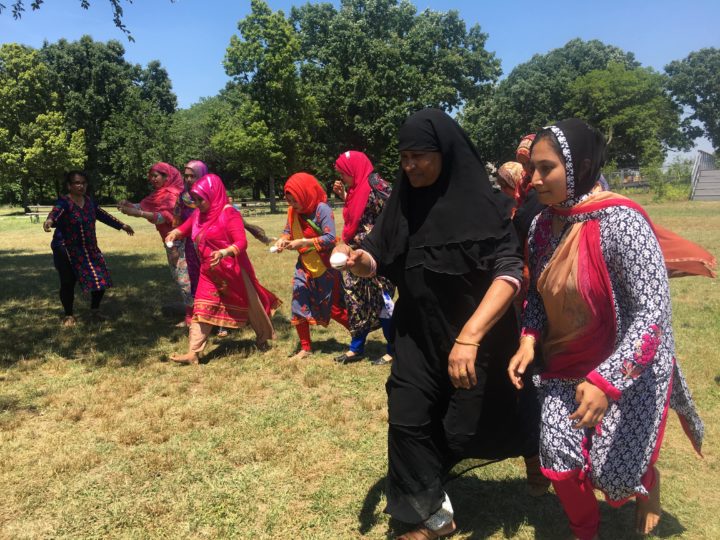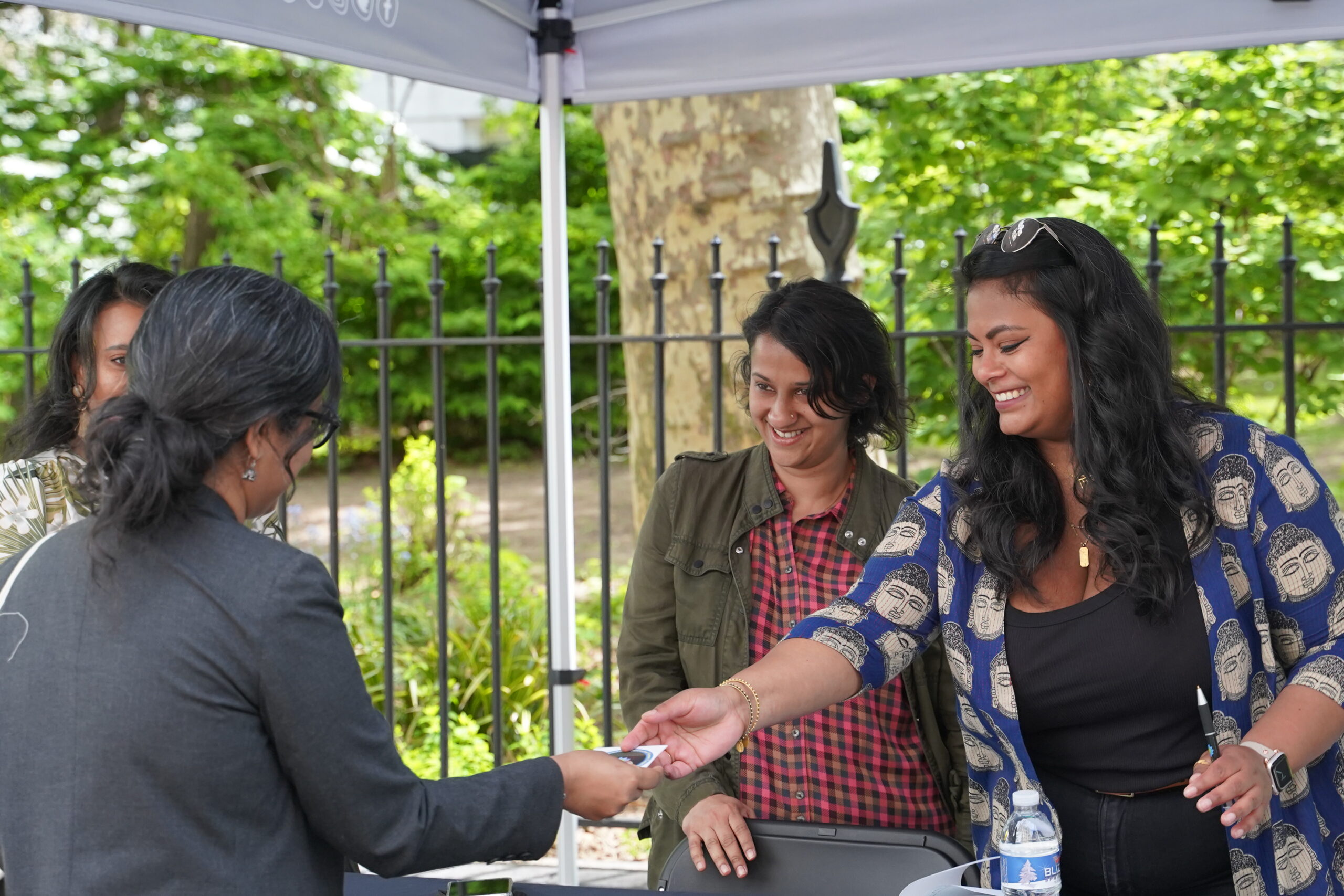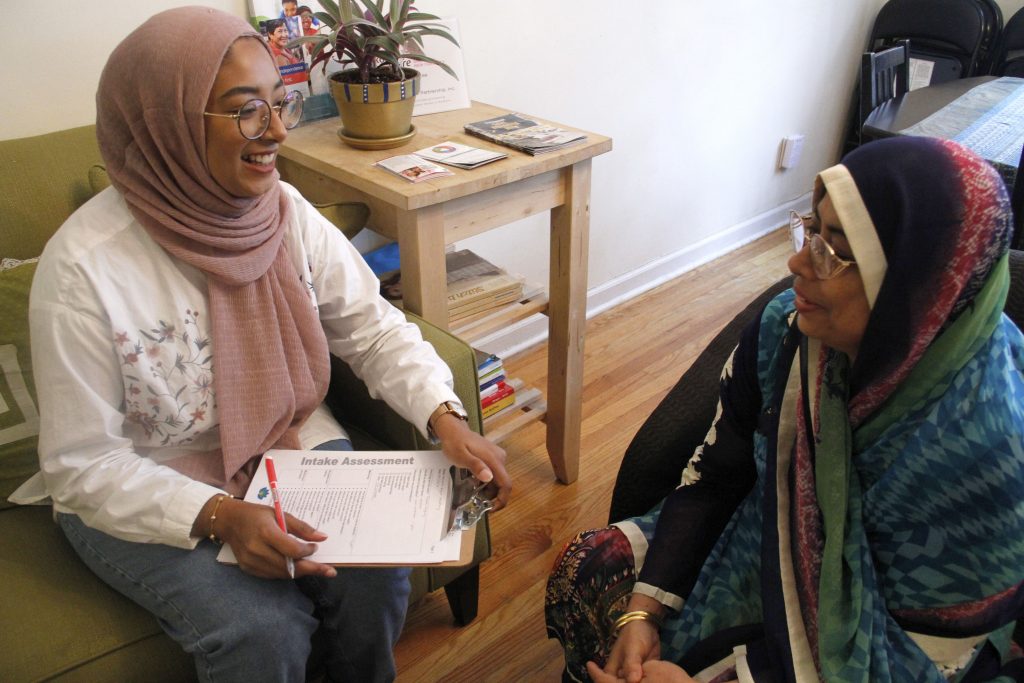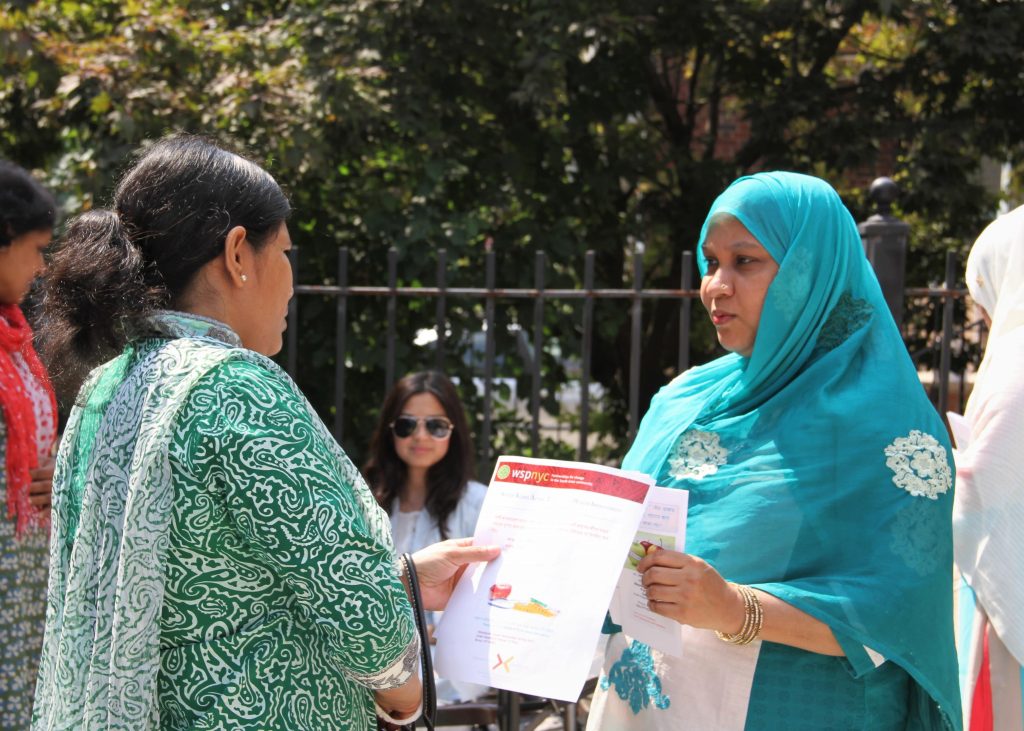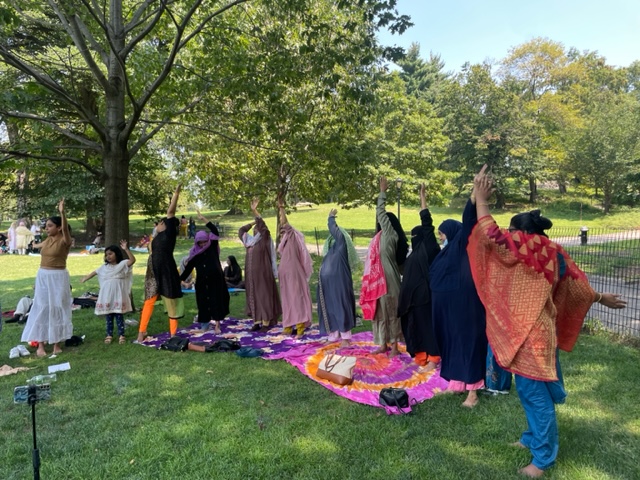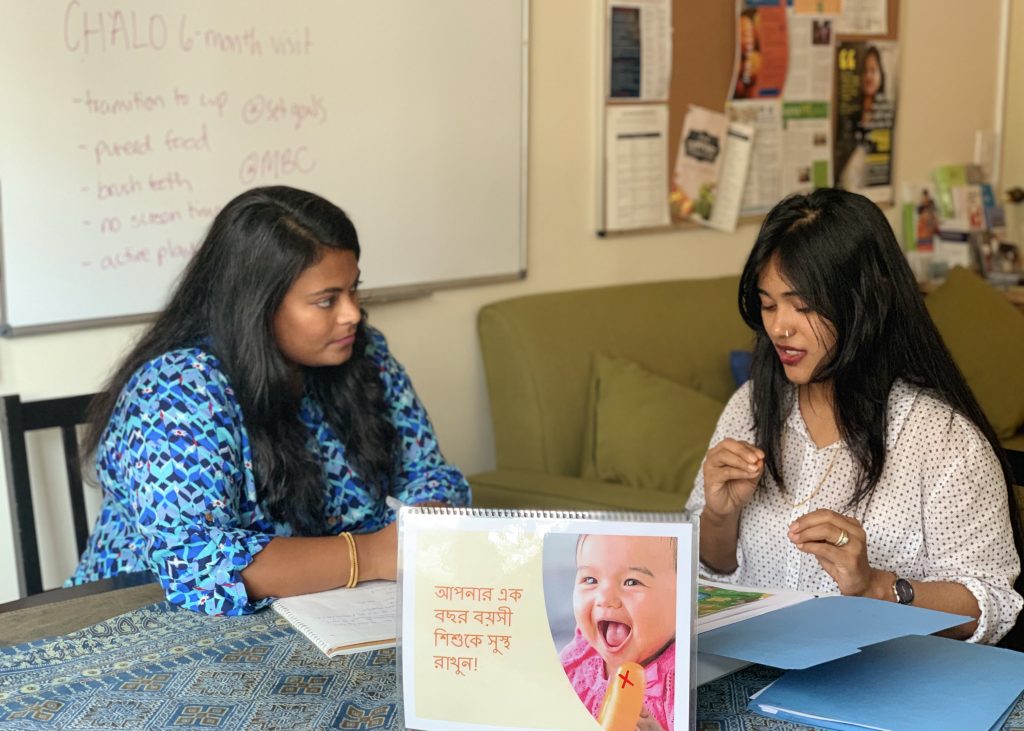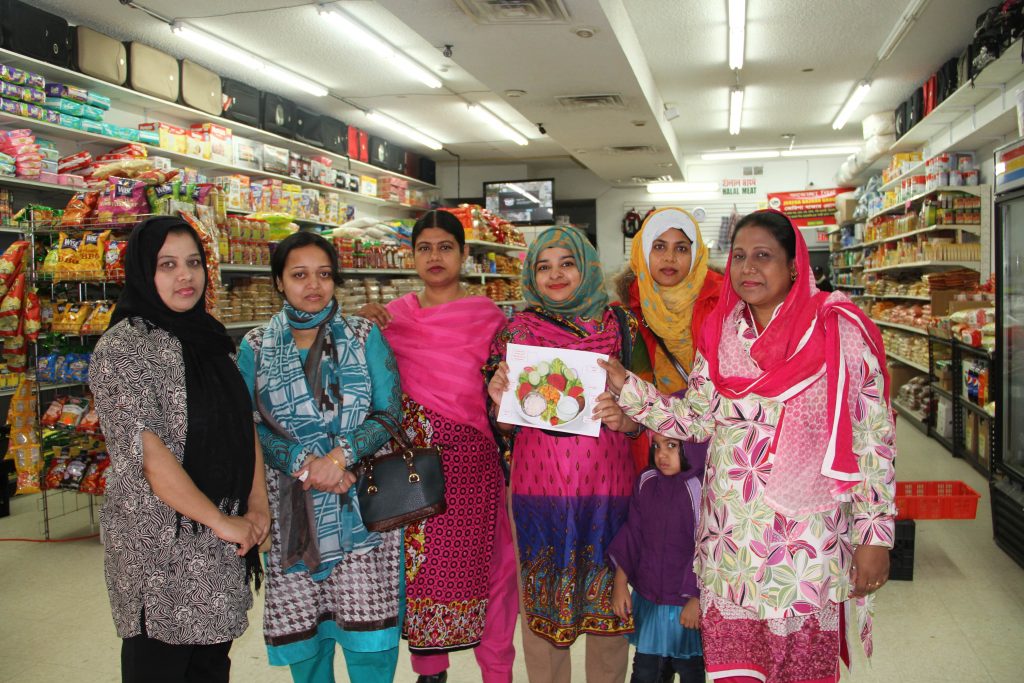Sapna NYC started out as a mental health research project and continues to deliver top health programs that are culturally and linguistically accessible for our community members. The goal of our health portfolio isto improve health at an individual level and to address the societal and political realities that put individual and community health at risk. Poverty, unhealthy environments, deprivation, inequality, stress and social injustice are most often the underlying cause of health issues. To make a real, lasting differencing in addressing health problems in low income communities, we must address the context and social world in which a person lives.
At Sapna, we believe it is important to foster relationships with other community-based organizations (CBOs) in New York City. We recognize the need to collaborate where we can and to support each other in the work that we do. At Sapna NYC, we never turn away a person in need, whether we are able to provide the service ourselves in house or if we work with our partners and collaborators to refer them to another organization. We provide referrals to trusted organizations, agencies, and companies, where we know our community member will be in good hands. In addition to building coalitions of thought, we also work with various coalitions on larger health initiatives. Currently, Sapna is a part of Access Health, a City Council discretionary grant designed to increase knowledge of and access to health services. Through this grant, we focus on bringing linguistically accessible and culturally attuned health education and services to our community centering the needs we see on the ground.

